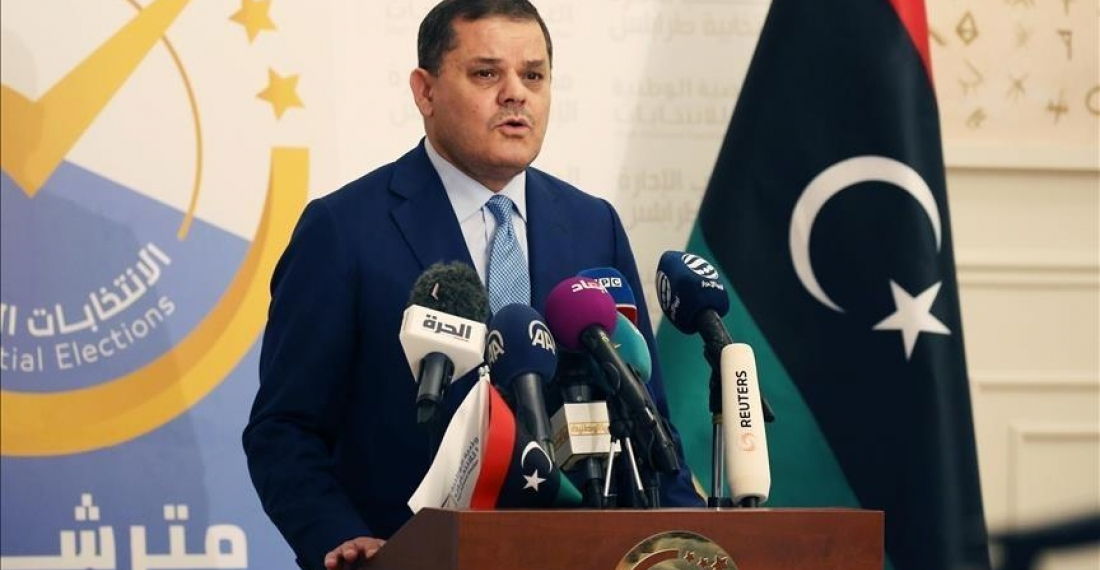Gunmen attacked the convoy of the interim Libyan Prime Minister Abdelhamid Dbeibah’s in Tripoli earlier this morning (10 February). A bullet penetrated the windscreen of the car but Dbeibah and his driver escaped unhurt. Reports say that the assassins fired at the prime minister's car from another car, and immediately fled the scene. Libya’s chief prosecutor has already launched an investigation into the attack.
The assassination attempt deepens the political crisis in Libya,
Abdulhamid Dbeibeh, a powerful businessman, was elected in January 2021 as part of the UN-sponsored inter-Libyan dialogue and was expected to ensure that the presidential election scheduled for 24 December would be held while unifying an already divided country. However, for the time being, no promises have been kept as the elections scheduled for last December were cancelled, and the eastern parliament has announced that they will not be held this year again. Western powers have called on Libyan institutions to set a new date for the elections.
The attack comes in a tense week for Libya as the eastern-based parliament, the House of Representatives (HoR), said that there would be no elections this year, and that the parliament would choose a new interim prime minister today (10 February). The eastern parliament has previously strongly criticised the delay of the elections and stated that Dbeibah has exceeded his term.
The eastern parliament is expected to adopt a plan in coordination with the western High State Council to first amend the constitutional declaration that has served as Libya's de facto interim constitution since the 2011 revolution, and offer it to the people in a referendum. National elections would then not follow for another 14 months.
The move thereby excludes the executive branch of power, and moves towards creating a different roadmap than the one envisioned earlier by the United Nations - the LPDF roadmap - which said the interim Government of National Unity (GNU)’s mandate would run until elections, but did not say what would happen if they did not take place.
Dbeibah said earlier this week that he would resist any attempts by the parliament, which is based in the eastern city of Tobruk, to replace his Tripoli-based government.
“I will accept no new transitional phase or parallel authority,” he said, declaring that his government would only hand over power to “an elected government”.
Libyan factions have been working on a roadmap since the scheduled elections collapsed in December last year but failed to reach any agreements. Elections were then postponed until January but many outstanding issues keep continuously being brought up by different factions.
The former interior minister Fathi Bashagha, who ran for elections last year, and who is seen as a direct competitor for Dbeibah, has announced his candidacy for the premiership and will seek support from legislators for the premiership.
The UN, Western powers, and even some members of parliament have called for Dbeibah to stay in his role until the elections. There is a risk that if the HoR proceeds with selecting a new PM, two parallel governments could emerge bringing the situation back as it was before 2020.
Source: commonspace.eu with Al Jazeera (Doha), Reuters (London) and Arab News (Riyadh).
Picture: Picture: Prime Minister Abdulhamid Dbeibeh; Twitter: @TRTWorldRC







